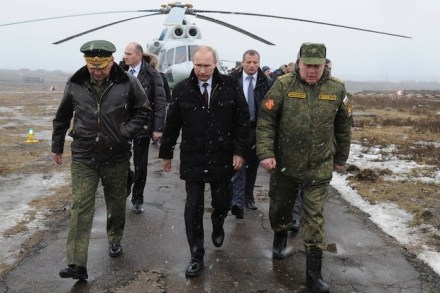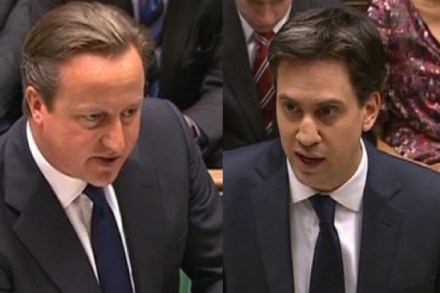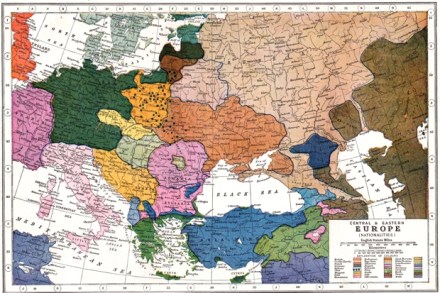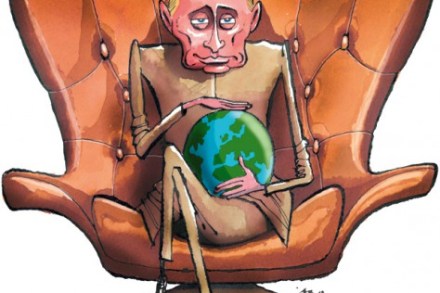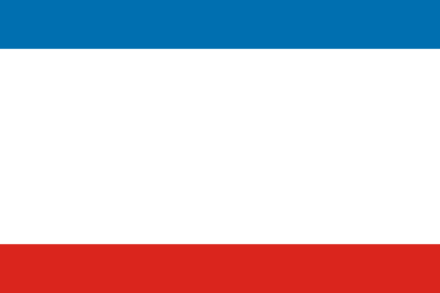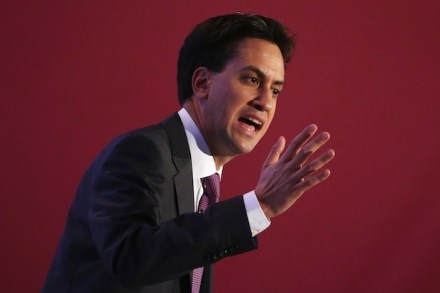Leave Ukraine to the Russians
[audioplayer src=”http://traffic.libsyn.com/spectator/Untitled_2_AAC_audio.mp3″ title=”Matthew Parris and Anne Applebaum debate the Ukraine situation”] Listen [/audioplayer]‘You can’t always get what you want,’ chorused Mick Jagger, ‘but if you try some time/You just might find/You get what you need.’ The danger with Ukraine is that the western powers will get what they want, not what we need. I write this as one who has travelled in Ukraine, loved the country and seen that its people (though poor) are talented and energetic. Any reference I make to basket cases refers to the Ukrainian state, not the country’s human resources. What we say we want is for Russia to withdraw from Crimea and turn away from
